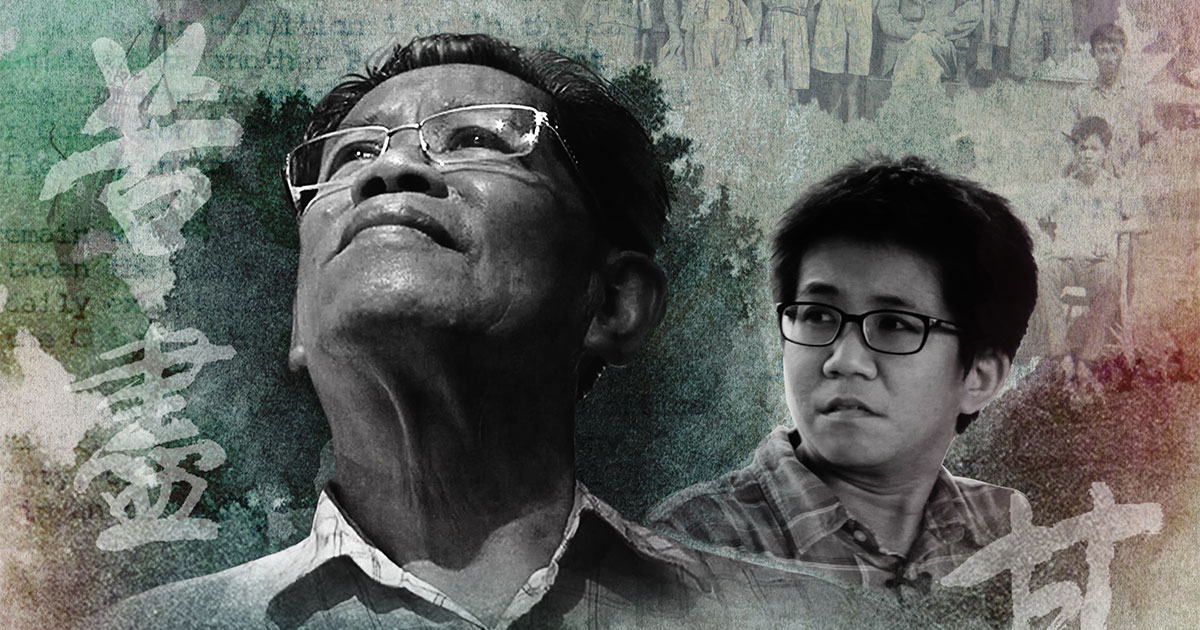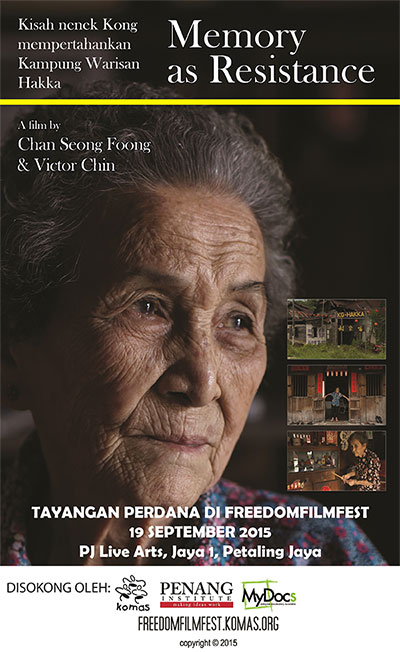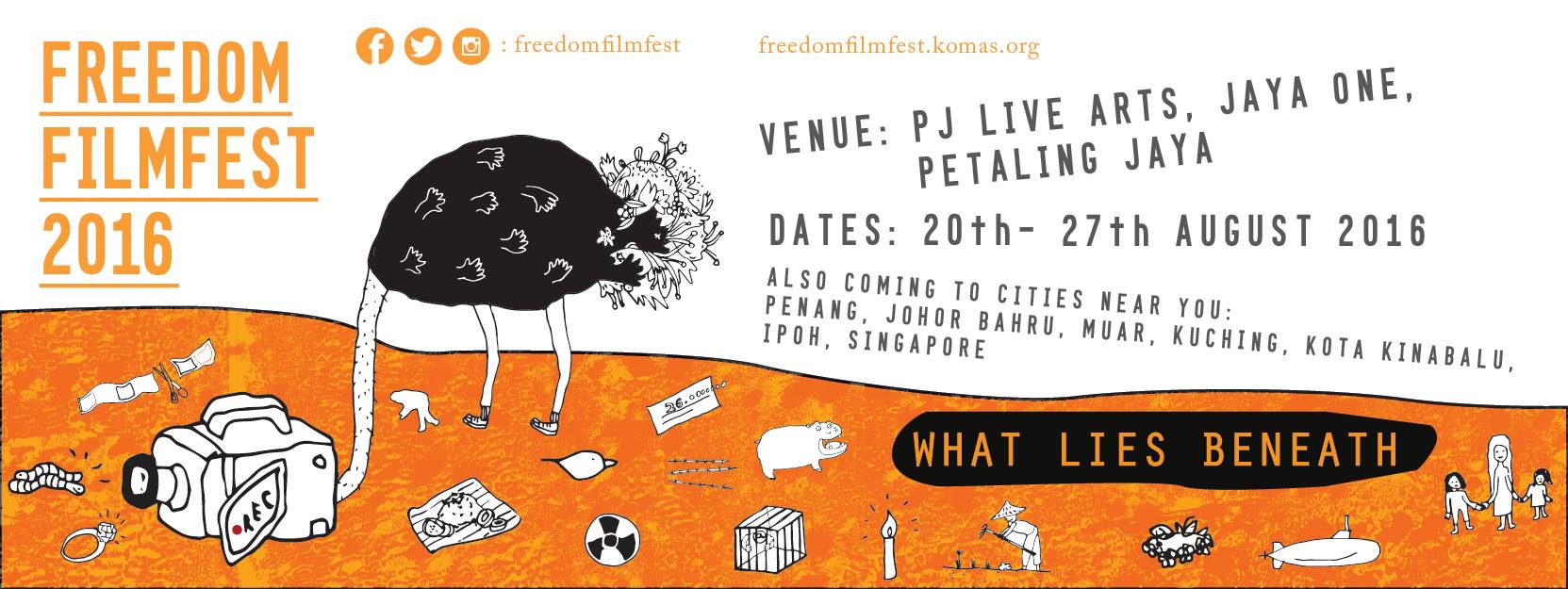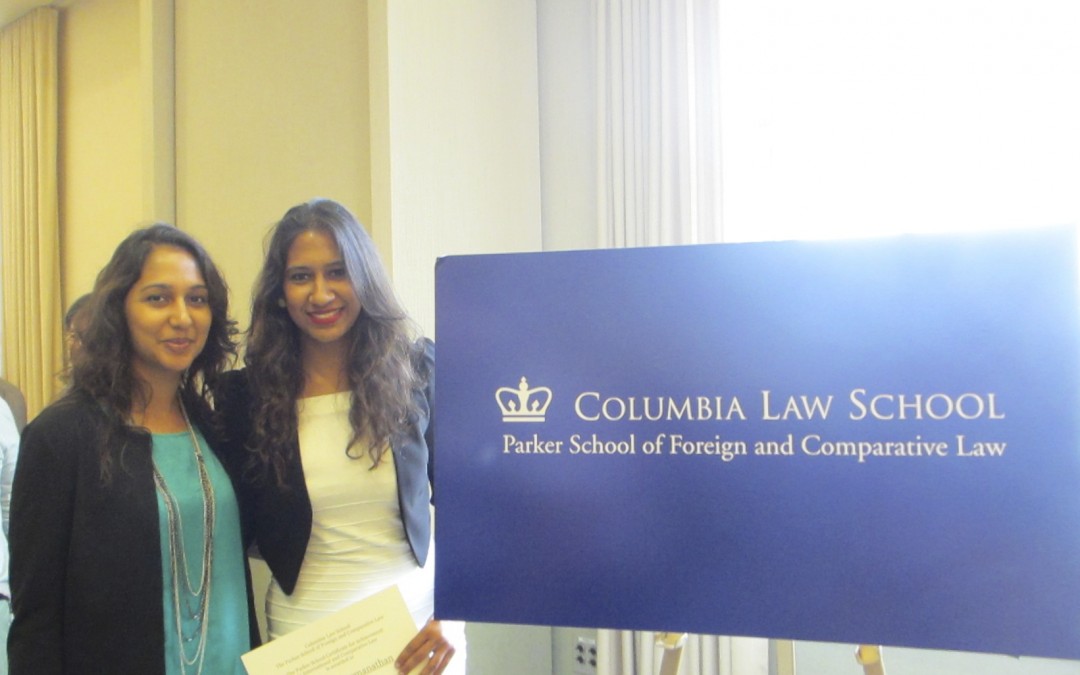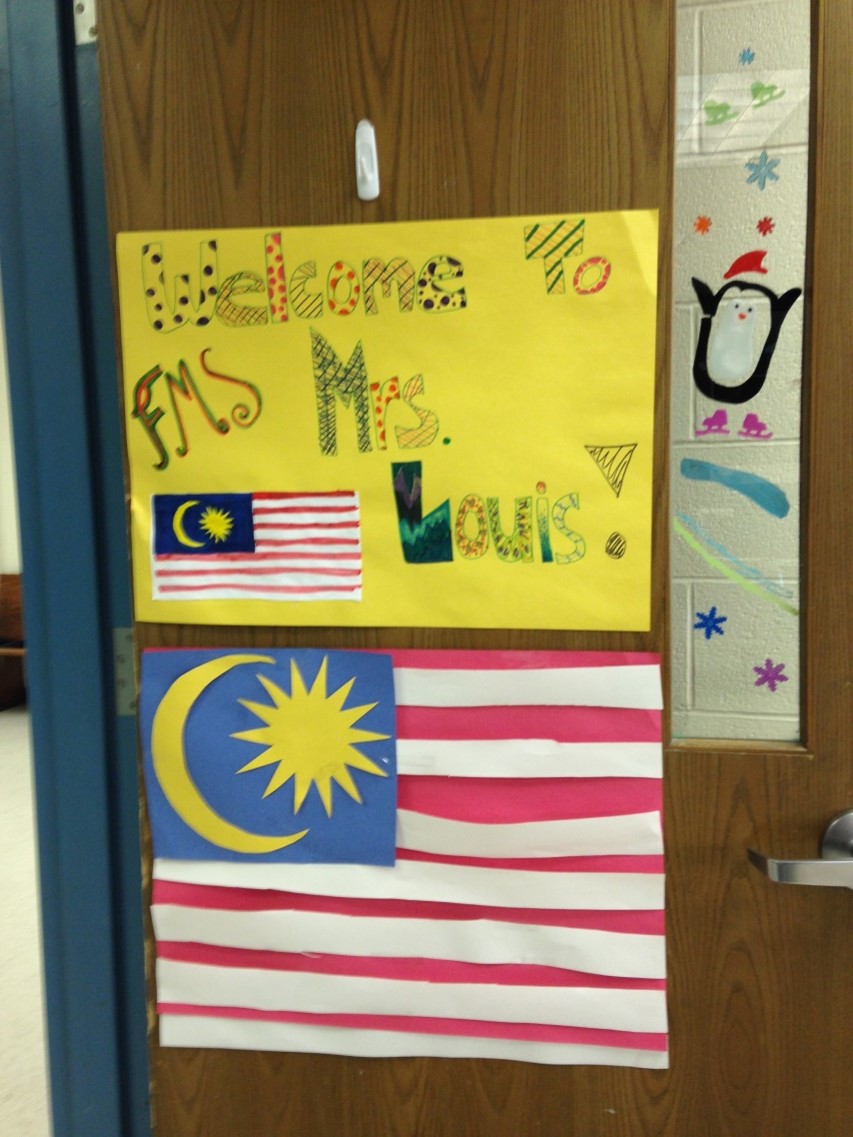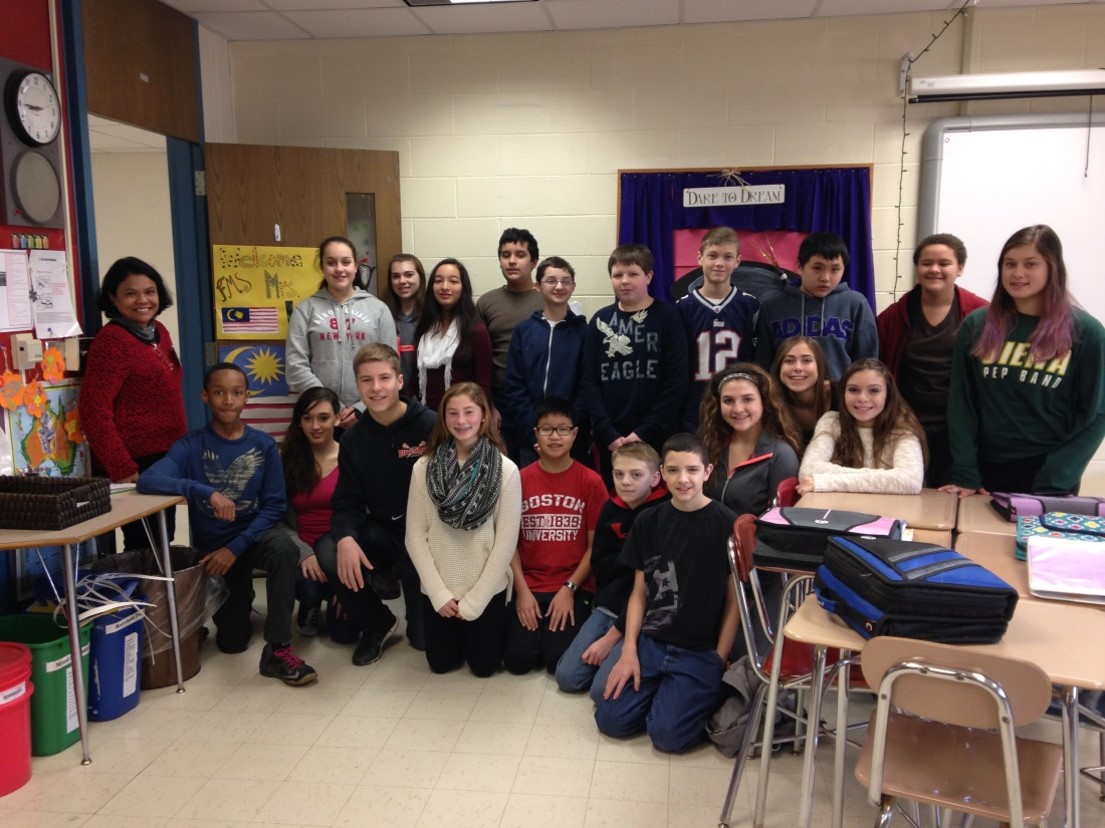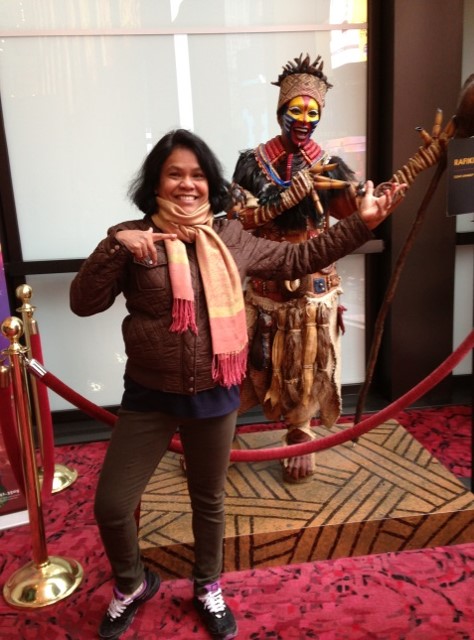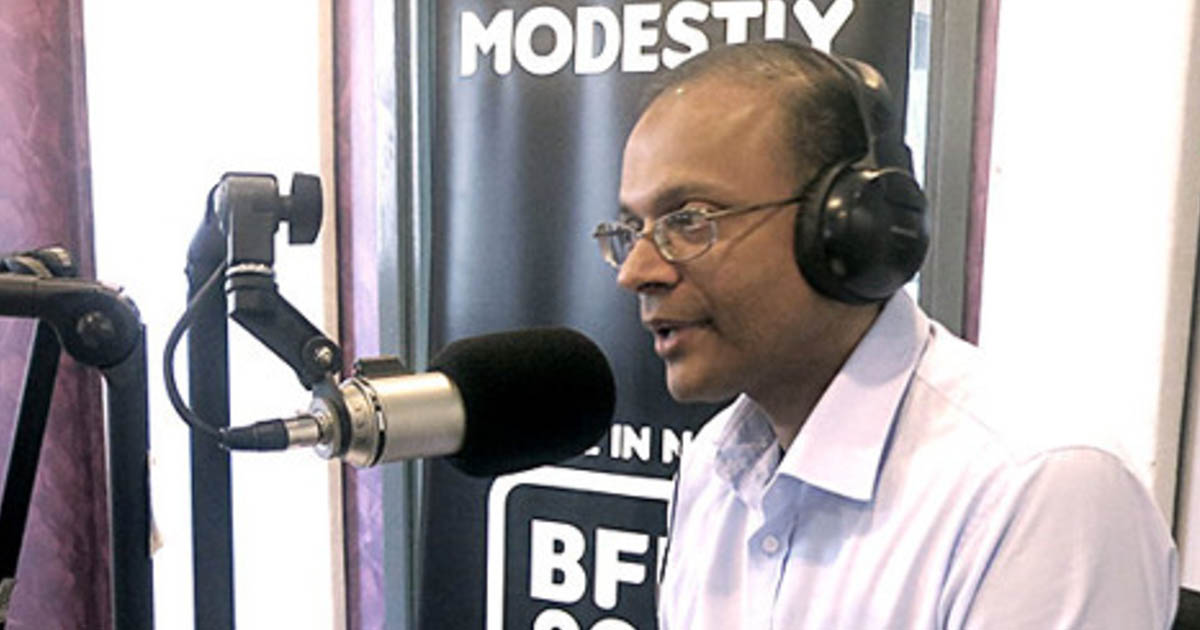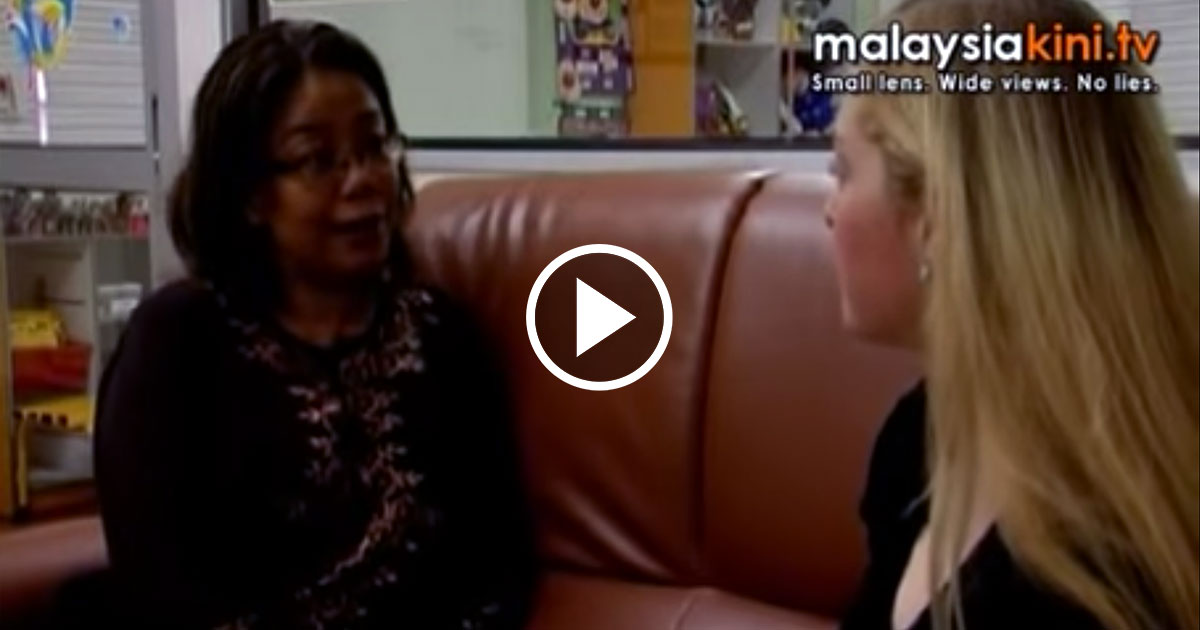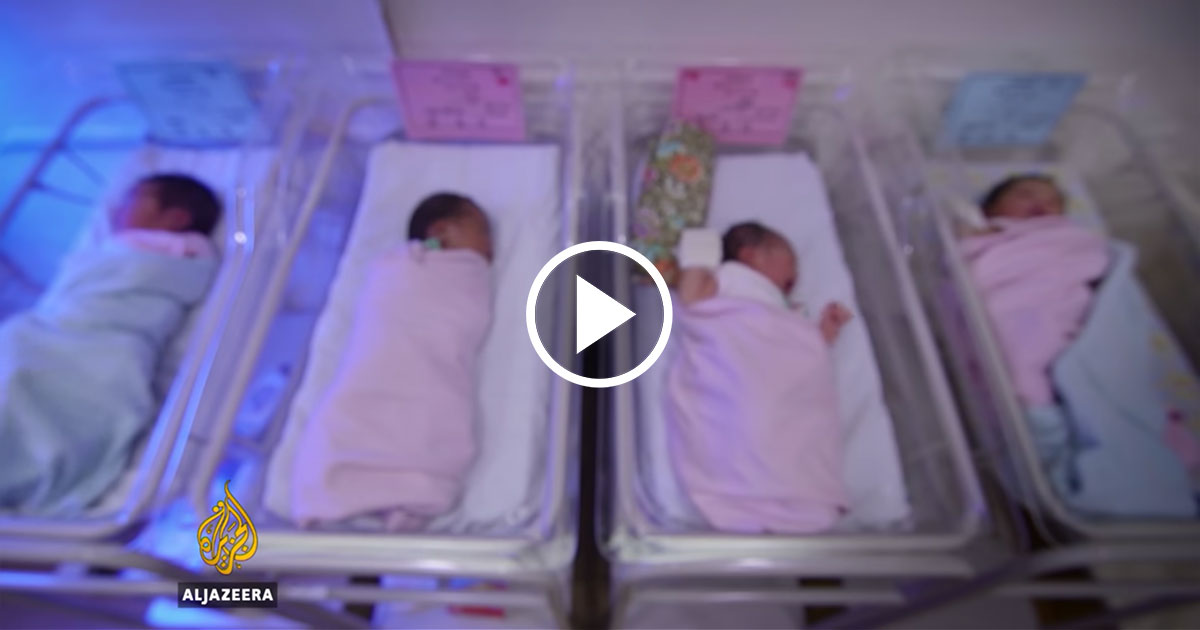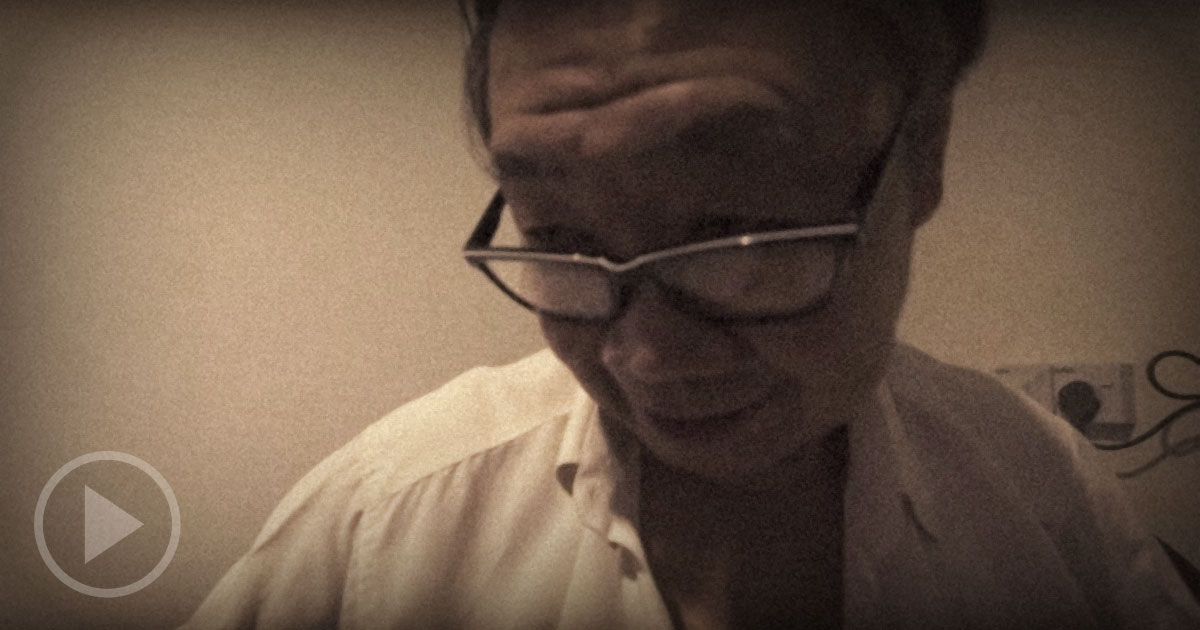
Truly “The Sickest Mannequin Challenge” in Malaysia
Video by P.S. the Children
Child Trafficking is a serious problem in Malaysia
Underaged boys and girls are sold or abducted from all neighbouring countries into Malaysia for prostitution and child labour.
Sex
Children forced to engage in sexual acts for money
Begging
Burmese children are smuggled into Malaysia for begging
Labour
Children work up to 17 hours a day in rubber plantations
Scavenging
Children used in recycling garbage dumps in urban areas
A country can be involved in Child Trafficking in 3 ways
Origin
Where the children come from
Transit
Where the children are moved through or kept temporarily
Destination
Where the children will finally end up
Malaysia is one of the few countries that is counted to be all three.
Traffickers take advantage of children imported from less developed countries such as Cambodia, China, Indonesia, Laos, Myanmar, Philippines, Thailand, Vietnam, Eastern Europe, Russia, Uzbekistan, India as well as those from impoverished local families.
While some traffickers keep the children here, others use Malaysia as a stopping point before sending their ‘products’ to places as far away as Hong Kong, Taiwan, Japan, Europe, Canada, USA, Australia, and South America.
> 1,000,000
More than 1 million children are being brought into the sex market ever year worldwide.

That’s 2 innocent children forced into prostitution every minute.
“Did you ask to have sex with all these men?”
“Did you ask to be sold as a sex slave?”
“Nursery Crimes” by P.S. the Children
What does the Law say?
Currently, those who are caught dealing with child trafficking or prostitution in Malaysia are charged under the Child Act, a series of laws meant to provide protection for children in need.
Although the Child Act was amended recently, the punishment for sexually abusing a child is simply a fine of RM50,000 and/or no more than 15 years in jail, a small price to pay for such a heinous crime.
In addition, prosecuting paedophiles and child abusers in Malaysia is difficult due to the common citizen’s lack of awareness and a culture that encourages “hushing up” these kind of events. The arrest of paedophile Richard Huckle last year caused massive outrage when it was revealed that he had managed to sexually abuse hundreds of young children before getting caught.
Unfortunately, the current laws are not enough to shut down all the traffickers working in this day and age. While the Child Act and Penal Code covers physical harm or abuse, some crimes fall into a gray area which makes it harder to prosecute.
The main problem is that while the government has signed the UN Convention on the Rights of the Child (CRC), Malaysia has NOT implemented the Optional Protocol on the sale, prostitution and pornography of children. There are also currently no laws concerning crimes conducted against children online, which is concerning as children are particularly vulnerable to online predators who may sexually “groom” the child without ever meeting them in person.
In an interview with R.AGE last year, Unicef Malaysia representative Marianne Clark-Hattingh noted that legislation in Malaysia needs to be updated in order to keep up with the rapid development of communication and multimedia technology.
“Online abuse and exploitation most often takes place in the deep privacy of the mobile phone, the computer, or any other electronic device. It can move anonymously from the private to the public sphere, and across countries and borders, quickly,” she said.
What can you do to help put a stop to this odious industry?
For a start, you can sign the petition below from the Citizens Against Child Sexual Abuse calling for new laws and harsher punishments to be set up. By pressuring the government to act, we can send a stern message against child abusers and traffickers and stop them in their tracks.
Support laws to cover sexual abuse crimes
And then, share this video and article because raising public awareness and admitting that we have a real problem in our own backyard, is the first step towards fighting this uphill battle.
“You may choose to look the other way but you can never say again that you did not know.”
William Wilberforce

